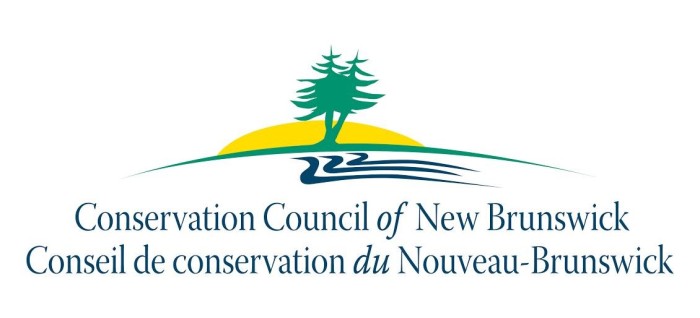 Fredericton – The Final Report of the Select Committee on Climate Change is a testament to the value of making our voices heard. Members of the eight-member, all-party committee listened to New Brunswickers and have delivered a report that could lay the foundation for long-term sustainability and stable jobs while meeting our climate protection goals.
Fredericton – The Final Report of the Select Committee on Climate Change is a testament to the value of making our voices heard. Members of the eight-member, all-party committee listened to New Brunswickers and have delivered a report that could lay the foundation for long-term sustainability and stable jobs while meeting our climate protection goals.
“The Conservation Council calls on the Government to now commit to adopting the Committee’s recommendations and to indicate in its November 2 Speech from the Throne how it intends to convert recommendations into action,” says Louise Comeau Director of Climate Change and Energy Solutions.
The Select Committee’s recommendations closely align with the recommendations the Conservation Council made it in its climate action plan. Our climate action plan proposals included calling on Government to phase coal out of electricity production by 2030 and to move toward a zero emitting system by expanding its commitment to renewable energy. The Select Committee calls for fossil-fuel free electricity system by 2030 and an increase in the Renewable Portfolio Standard to 60% from 40%. We called for a carbon pricing regime where revenue would be used to finance investments in deep retrofits of buildings, including social housing, and to create incentives to transform transportation so it relies more on clean electricity. The Select Committee recommends the creation of a Climate Fund to do just that.
With respect to governance, the Select Committee also listened, calling as the Conservation Council did, for introduction of a Climate Change Act to set in law a provincial greenhouse gas reduction target of 40% below 1990 levels by 2030 and by 80 percent below 2001 levels by 2050. The Committee also called on Government to strengthen building codes, planning legislation and guidelines, and procurement rules to require low-polluting choices. With respect to Government operations, the Select Committee calls on Government to establish a cabinet committee on climate change, chaired by the Premier, and to strengthen the capacity of the Climate Change Secretariat to get things done.
“We welcome the Select Committee Report and its recommendations. We want to thank the Committee for its hard work and for so respectfully listening to New Brunswickers. Now we wait to hear whether Government respects the Committee’s work as much as the Conservation Council does,” says Comeau.
 Gordon Laxer’s After the Sands outlines a vision to transition Canada to a low-carbon society. Ralph Nader hails it as “a myth-destroying blockbuster book.”
Gordon Laxer’s After the Sands outlines a vision to transition Canada to a low-carbon society. Ralph Nader hails it as “a myth-destroying blockbuster book.”

